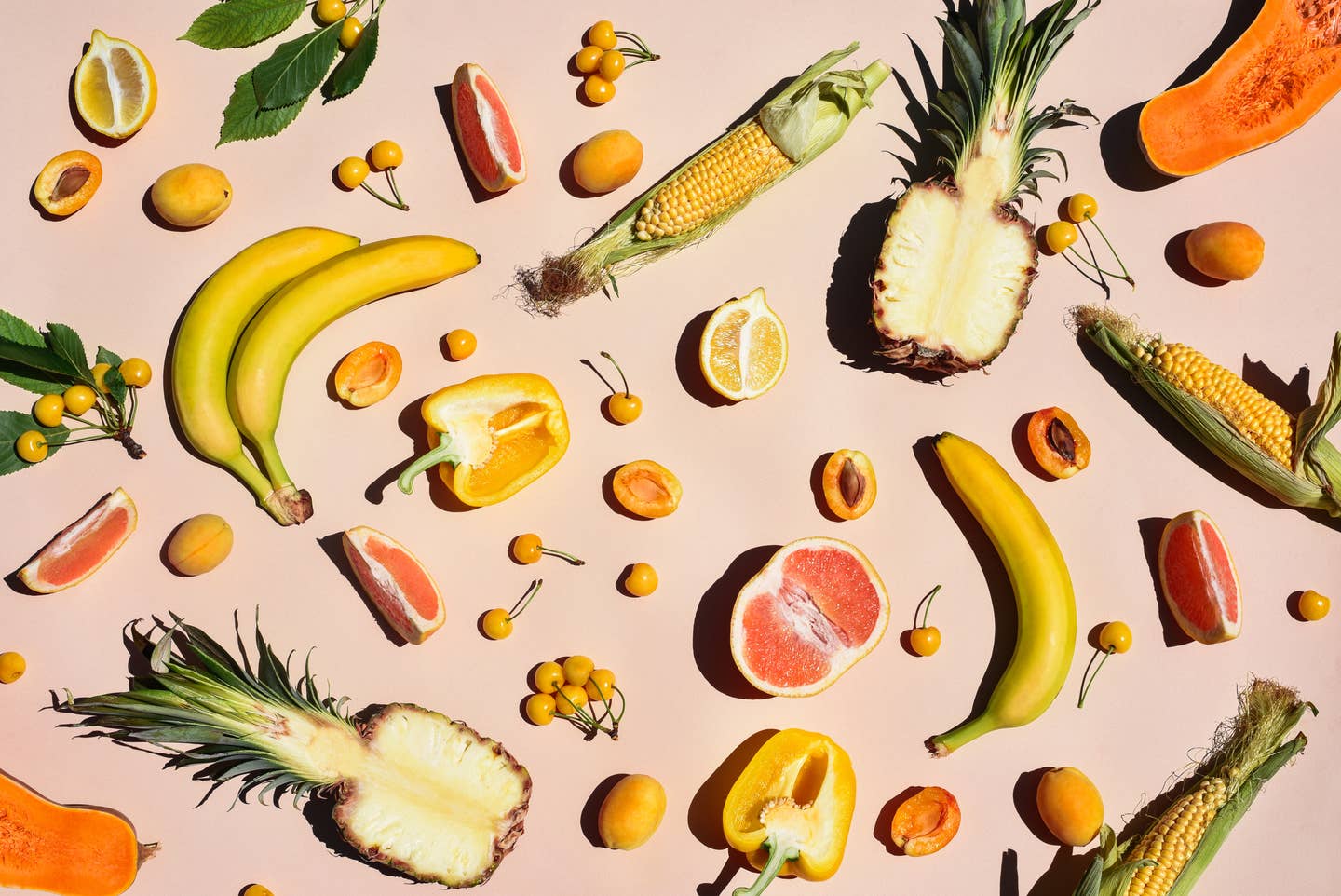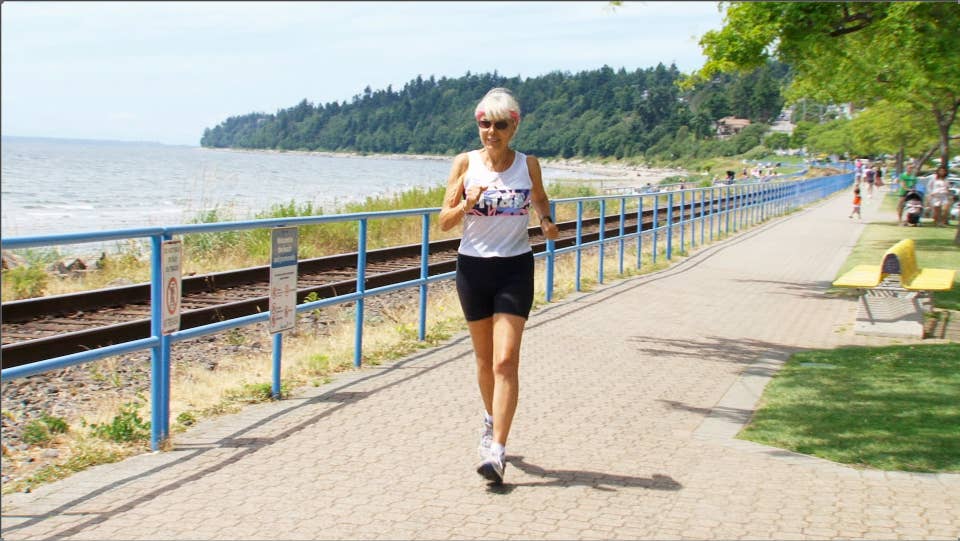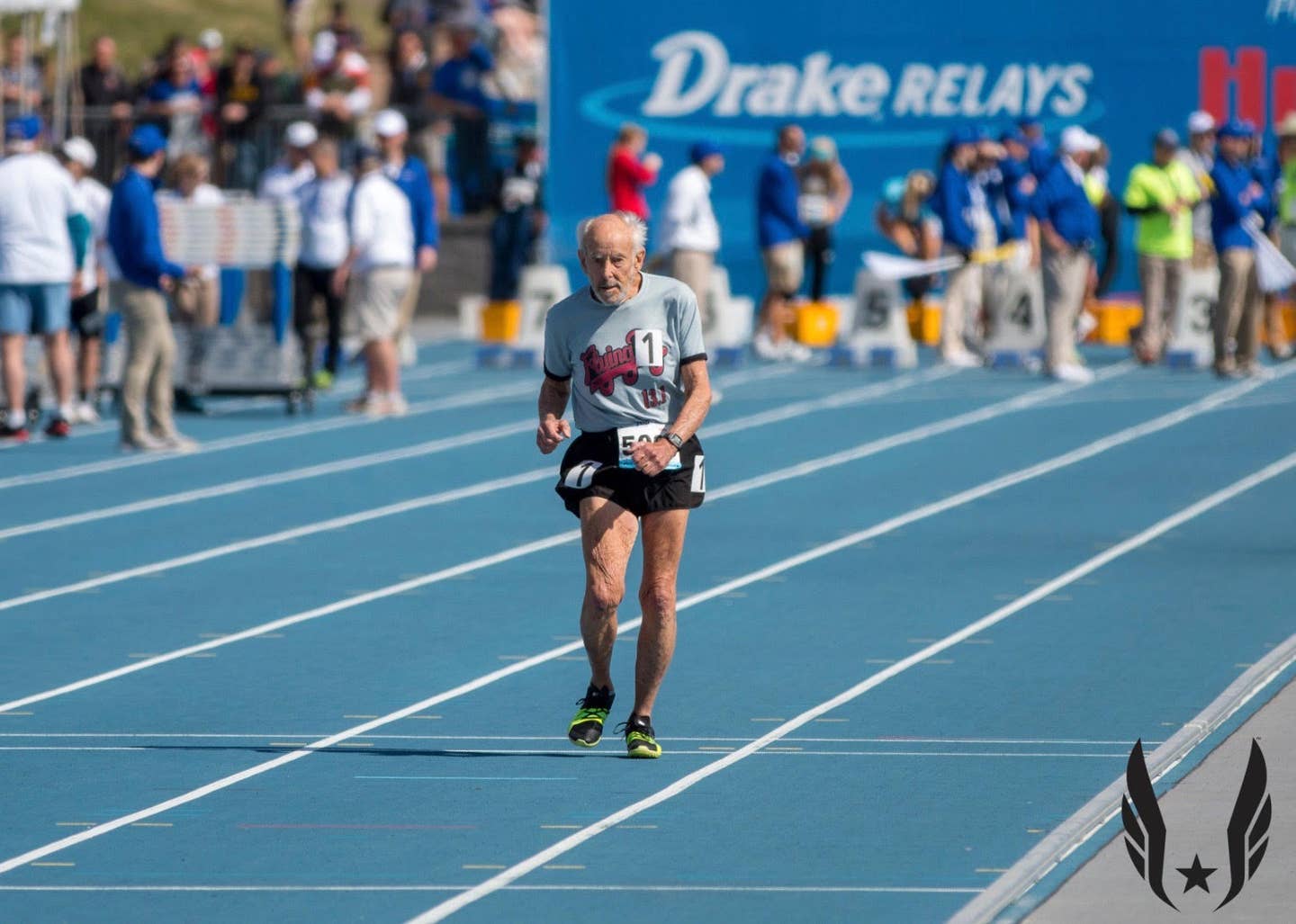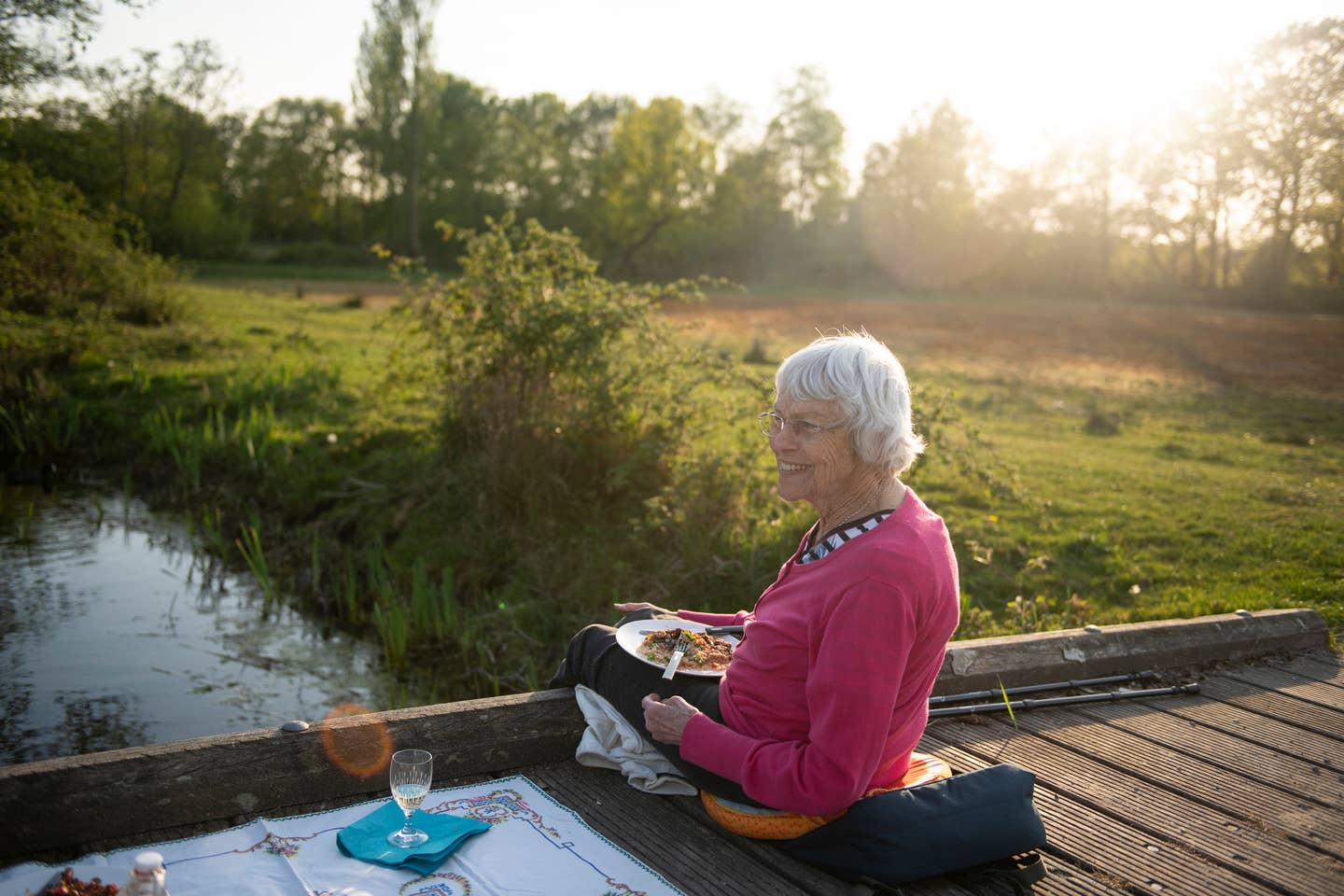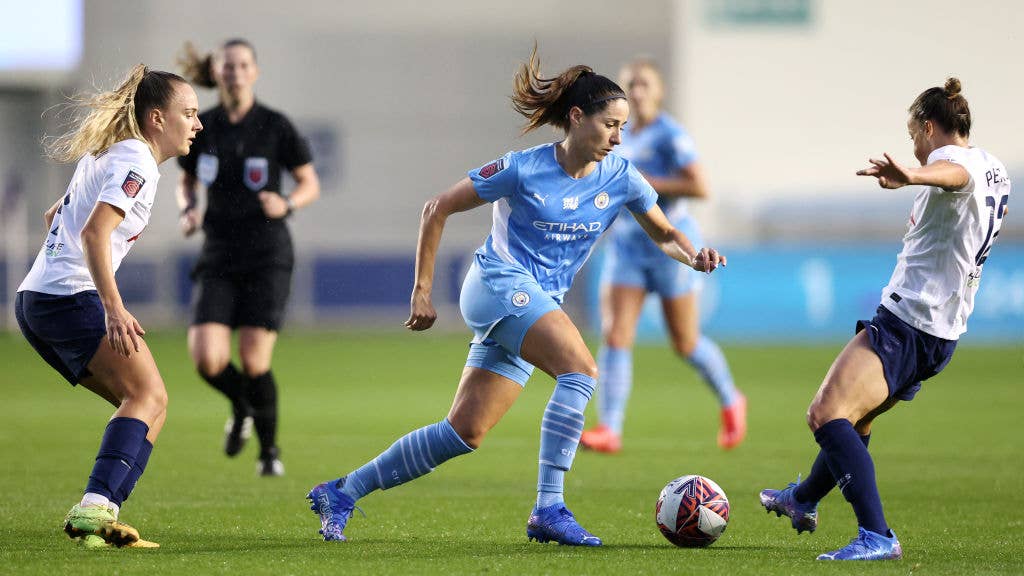
What to Eat to Ease Endometriosis Symptoms, From a Woman Who Did It
Endometriosis is more than just experiencing painful periods: For those suffering, it’s a complicated chronic disease that influences every aspect of their life. Endometriosis affects one in 10 women and girls worldwide and it takes an average of 7.5 years to even be diagnosed.
Jessica Murnane is one of the 190 million women living with endometriosis. Ever since she started menstruating, she’s experienced symptoms such as urinary and gastrointestinal issues. For years, she’s visited numerous physicians, just to be told that her symptoms were her own fault. It wasn’t until about 16 years ago when she was 28 that she was officially diagnosed with Stage IV endometriosis. Living with endometriosis, Murnane experiences pain and flare-ups on a daily basis.
Unfortunately, like many chronic illnesses, there is no cure for endometriosis. However, Murnane transformed her life by empowering herself with the facts and managing her day-to-day symptoms with a plant-based diet and lifestyle. By eating anti-inflammatory fruits and vegetables, her pain and symptoms have decreased –– now she has more good days than bad. In her newest book, Know Your Endo: An Empowering Guide to Health and Hope With Endometriosis, she dives into tools and strategies to help those with endometriosis manage their chronic pain through diet, movement, stress management, and more.
In an exclusive interview with The Beet, Jessica Murnane talks about her health journey, the power of food as medicine in reducing her symptoms, and even tips for making the switch to a plant-based diet. Let her words inspire you to incorporate more fruits and vegetables into your diet, to nourish and soothe your body.
The Beet: What made you decide to go plant-based?
Jessica Murnane: The only reason I decided to go plant-based was because a friend suggested it as a way to help with my chronic pain. But I didn't want to try it. I cried about it. Was annoyed about it. I didn't think it would work at all, but it ended up being the greatest decision I have ever made. I dedicated my first book (the cookbook, One Part Plant) to that friend! She changed my entire life.
TB: Tell us about your health journey.
JM: I have Stage IV endometriosis and suffered for years with debilitating pain, fatigue, and GI issues. After changing my diet to a plant-based diet, everything got a lot better. It's important to note that you cannot heal endo. There is no cure. I wish that a green smoothie a day kept the endo away, but that's not how it works!
A plant-based diet is part of my endo management tool kit. I might not be able to heal it and I still have symptoms some days, but my tool kit helps me have more good days than bad (which is a huge win for me).
TB: How did you change your lifestyle?
JM: Slow and steady! I didn't really eat a lot of whole foods/plants before changing my diet. It was a lot of candy, soda, and processed foods. I also didn't really know how to cook...so, the transition was difficult at first. When I decided to take it one meal at a time, it got easier.\And after a lot of trial and error aka burning lots of meals, I learned to cook and started creating meals I really loved. Now I can't imagine eating any other way!
TB: What did your doctor say?
JM: My doctors were shocked and happy for me, yet still very skeptical and sadly, not very supportive. I ended up finding new doctors that were more open to management tools outside of hormones. There are not great studies (yet) on the connection between endo and a plant-based diet. However, we do have studies to support that lower inflammatory foods can help inflammatory conditions. And if endometriosis is, at its core, an inflammatory condition, couldn’t a diet full of lower inflammatory foods (like lots of plants) be helpful?
TB: Congratulations on your new book, Know Your Endo: An Empowering Guide to Health and Hope With Endometriosis. Tell us about it.
JM: The first part of the book dives deep into the things you wish your doctor would have told you about endometriosis and how it affects mental health, relationships, and career. The second half is focused on learning one new tool a week (for five weeks) to help manage the mental and physical symptoms of endo with dozens of doctors, experts, research, and science backing the tools. While all these tools are significant, so much of this book is helping people feel less alone in their pain and giving them hope while living a life with endo.
TB: What do you typically eat in a day? What do breakfast, lunch, and dinner look like?
JM: I feel like it's super cliche...but I do start most mornings with a juice or smoothie!
Lunch is usually a bowl of a bunch of veggies: hummus, cabbage slaw, sweet potatoes, and greens.
Dinner is soup and a crusty piece of sourdough or tofu mole tacos and sauteed greens or a spicy veggie curry over rice.
I like to keep it simple and be out of the kitchen in 30 minutes or less.
TB: What advice would you give someone who is considering going plant-based?
JM: Do it! And don't worry for a second about doing it "perfect" or what other people think.
One of the hardest things can be the social aspect of it all...eating at parties and with friends or family who don't eat plant-based. In both of my books, I dedicate whole sections to this issue. It's hard when people we love aren't on board with our change, but ultimately the most important thing is you want to feel better in your body. If you can shut out the judgment and noise, it makes it a whole lot easier.
TB: What is your mantra?
JM: "I'll figure it out" is something I say a lot!
More From The Beet

